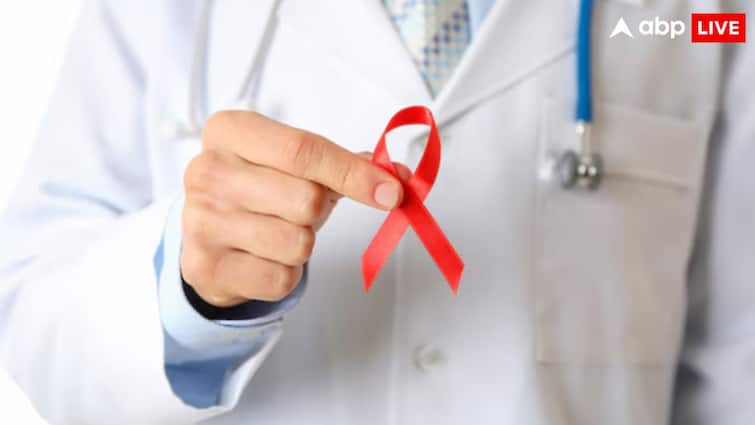Aids epidemic: International funding cuts for HIV prevention and treatment programs can create a serious crisis. According to a study published on Thursday (March 27), the cut in international funding for HIV prevention and treatment programs can lead to over 10 million infections and about three million deaths by 2030. This has been said in the study published in Lancet HIV Journal.
A study conducted by researchers at Burnett Institute, Australia, has analyzed the impact of an estimated 24 percent reduction in global HIV funding by 2026. The study has come to light after the announcement of 8 to 70 percent of the assistance cut by major donors including the US, Britain, France, Germany and Netherlands. These five countries fund more than 90 percent of global HIV aid.
HIV funding cuts and danger of millions of new infections and deaths
According to the researchers, if the proposed funding cuts by the top five donor countries including the US and Britain are not reduced, then between 2025 and 2030, there may be additional new HIV infections and 770,000 to 2.9 million deaths between 2025 and 2030.
The US, which contributed the most in the world in HIV funding, stopped all assistance on 20 January after the swearing in of the new US President Donald Trump. According to the study, due to the disadvantage of the President’s Emergency Plan (Pepfar) for AIDS relief and the rest of the funding cuts, the progress towards eliminating HIV/AIDS by 2030 can be disrupted.
America’s funding cuts in HIV prevention
Dr. Debra Ten Brink, co-study writer at Burnette Institute, said that the US has made the biggest contribution to the global efforts of HIV treatment and prevention, but the current cuts are hindering access to essential services such as antiretroviral therapy, HIV testing and prevention.
The findings of the study showed that sub-Sahara Africa and marginalized groups such as people injecting drugs, sex workers and men having sex with men, as well as children would be the most affected.
Funding is necessary to prevent HIV crisis
The institute’s co-writer Dr. Rowan Martin-Hughes said that there will also be a cut in widespread prevention efforts in sub-Sahara Africa, including offering drugs like condom distribution and pre-exposure Profilaxis (Prep). At the same time, Dr. Brink said that ‘it is very important to ensure permanent financing and avoid re -emergence of HIV epidemic or else its disastrous results can be seen all over the world.

